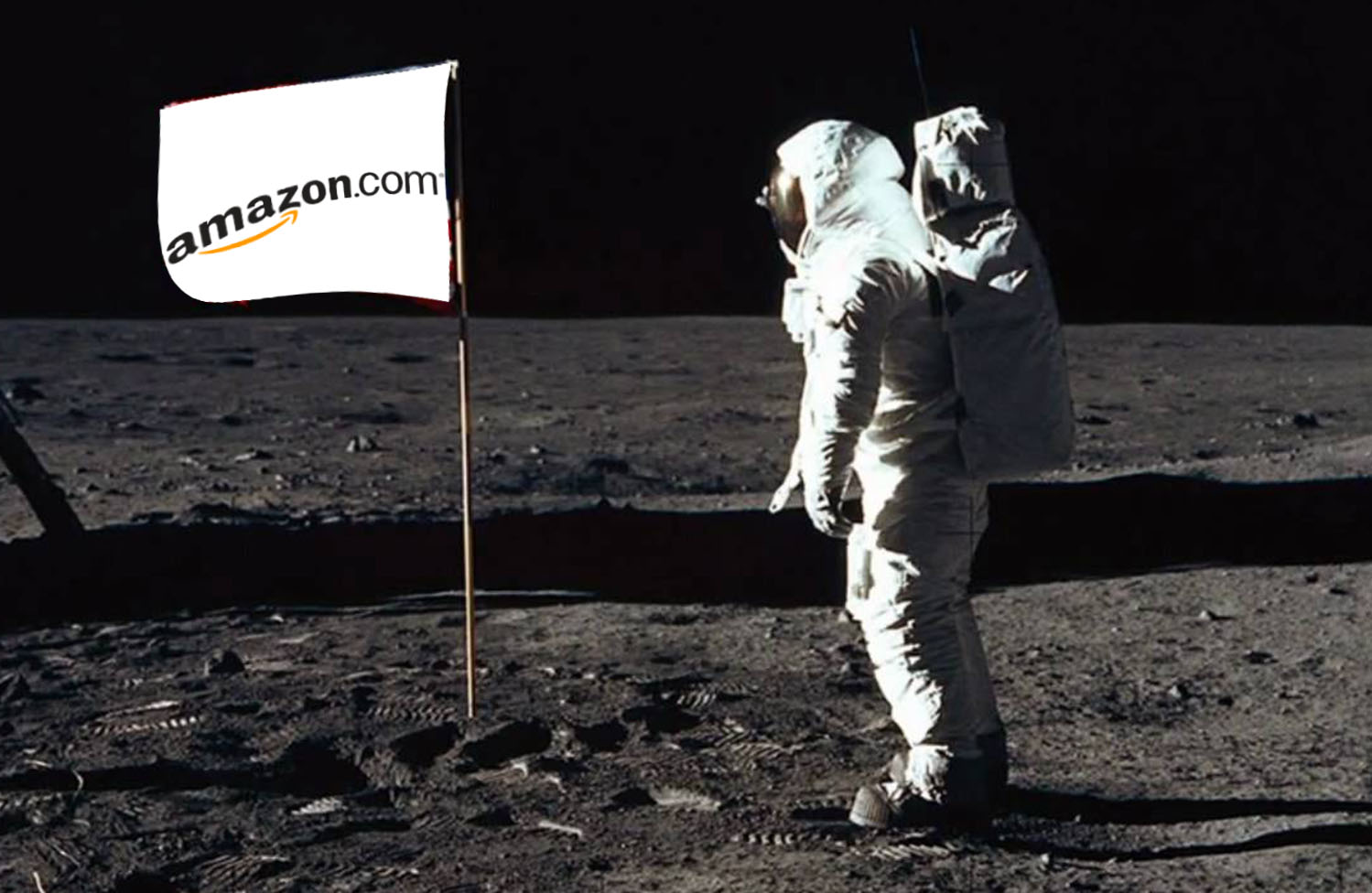Blockchain has existed as a means of decentralizing currency as we have come to know it. For those of who you believe blockchain to be a necklace made of legos, allow me to give you some help. Blockchain technology, originally created for the regulation and distribution of the digital currency, BitCoin (BTC), allows for digital information to be distributed but not copied. Blockchain is an incorruptible digital ledger of economic transactions that can be programmed to record not just financial transactions, but virtually everything of value, according to Don Tapscott, author of Blockchain Revolution.
Blockchain was created to allow for a new form of decentralized currency to be used for everyday transactions. Whether are aware of this fact or not, if you have an account at any major bank, (Wells Fargo, Chase, etc) banks use your money for their own investments and everyday business. To give you an example of how this works, say you are working on an essay for a college class. You decide to share this document with a colleague so that they can take a look, make edits, and send the document back to you. The issue with this is that, once you have sent your document to a friend for review, you need to wait until they send the copy back to review their suggested edits. Two owners cannot be on the same document at once. This is how banks use your balances and make transfers. When you transfer money from one account to another, on the backend, your bank temporarily locks you of your account while they fulfill your request. While doing so, you have no record of this, and bankers who are less than responsible will have unfettered access to all of your accounts.
With blockchain technology, the entire history of every transaction made with an account is logged and stored. Nothing can be falsified and all activity is transparent. According to Ian Khan, author, and self-proclaimed “Technology Futurist,”
“As revolutionary as it sounds, Blockchain truly is a mechanism to bring everyone to the highest degree of accountability. No more missed transactions, human or machine errors, or even an exchange that was not done with the consent of the. Parties involved. Above anything else, the most critical area where Blockchain helps is to guarantee the validity of a transaction by recording it not only on the main register but a connected distributed system of registers, all of which are connected through a secure validation mechanism”
–Ian Khan, TEDx Speaker, Author, Technology Futurist
To summarize Mr. Khan’s tech futurist explanation, Blockchain holds everyone accountable in any given transaction, be it fiscal or any other type of exchange. Now that I’ve caught you up to speed on the magical world of Blockchain technology, let’s travel to San Francisco where, this week, thousands of crypto witches and wizards have booked every Airbnb from the Richmond to SOMA for “Blockchain Week,” a cornucopia of speakers series, conferences, and workshops all focused on our friend, Blockchain.
One of these many conferences, during which I believe the SF’s nerdiest individuals attend, was hosted SF-based tech firm, Ripple, a company who manages their own cryptocurrency (XRP) as well as a digital payments network. According to Forbes, both attendees and panelists, which included former President Bill Clinton, spoke very passionately of blockchain’s potential to transform business as we know it. Ripple has been working, day and night, convincing banks and financial services firms to utilize its XRapid technology, used for cross-border payment, a $27 trillion market by volume, according to Boston Consulting Group.
While companies are really starting to vibe with blockchain technology for their finance and supply chain management needs, it is important to recognize the relative infancy of this tech. The infancy relates less to how built out and market-ready the blockchain companies are, and more so the public opinion on the crypto world. Cryptocurrency is the lovechild of anarchists and their wish to disestablish large financial institutions. From this union, we have created an incredible resource for financial capability, but that does not discount our societies collective fear surrounding the technology.
According to Christian Lanng, CEO of the supply chain management platform Tradeshift, “Blockchain is an extremely powerful idea, but it is very far from being a mature technology…If people are becoming millionaires from ICO (initial coin offerings), they’re disincentivized to create the next generation of technology. There’s a little bit of a bubble with all the short term-ism.”
When Lanng mentioned those who made a killing from investing in bitcoins (BTC), she is referencing December 2017, the hight of the cryptocurrency market, where coins were trading for nearly $19,000 per coin. Nowadays, the price of Bitcoin (BTC) has drastically fallen to about $6,500, along with another popular currency, Ethereum, dropping to roughly $230 since its peak at $1,300 per coin, in January 2018. Matt McGraw, CEO of Dispatch labs, a startup the works on blockchain protocol for data compliance had this to say:
“Blockchain is going from the Lambo phase to the Subaru phase…I think the (yacht) parties are dying not because people are getting older or more serious, but because they don’t have enough money”
– Matt McGraw, CEO, Dispatch Labs
The fact of the matter is that the rebellious minds behind cryptocurrencies wanted to decentralize traditional banking and make a pretty penny in the process. The market has shown that the currencies, themselves, are not necessarily the cash cow that they were in late 2017. Only time will tell whether cryptocurrencies will rise from the ashes or not, but what seems to be certain is the reliability of blockchain technology and its use cases for accountability in the modern financial market system.





